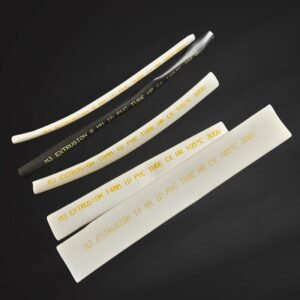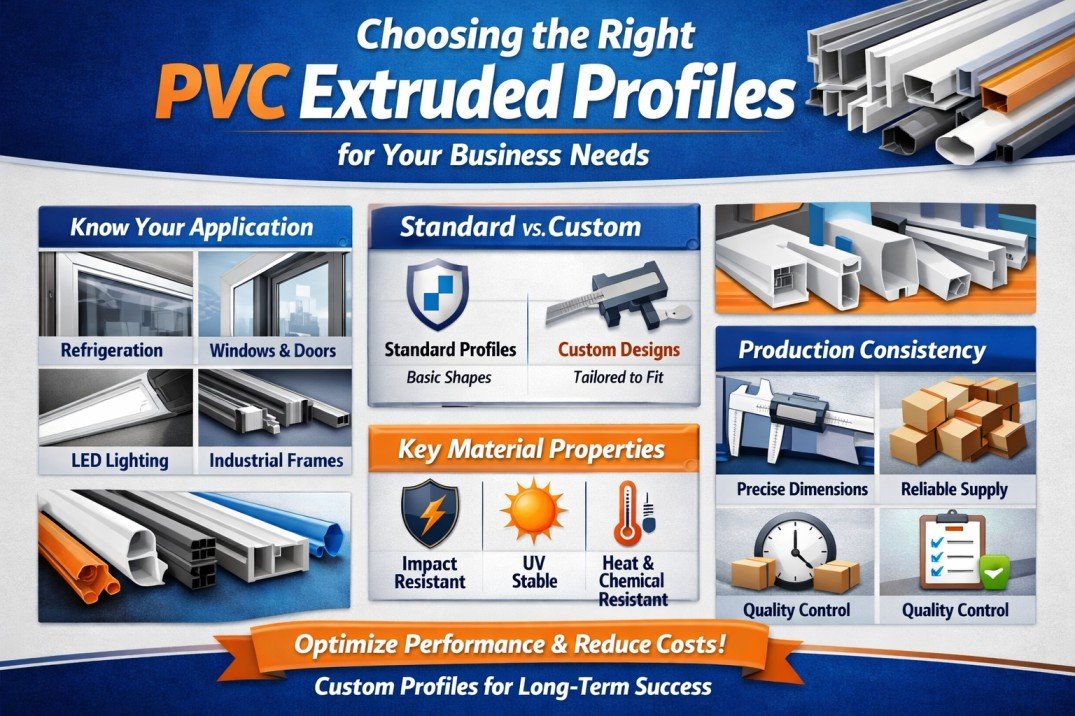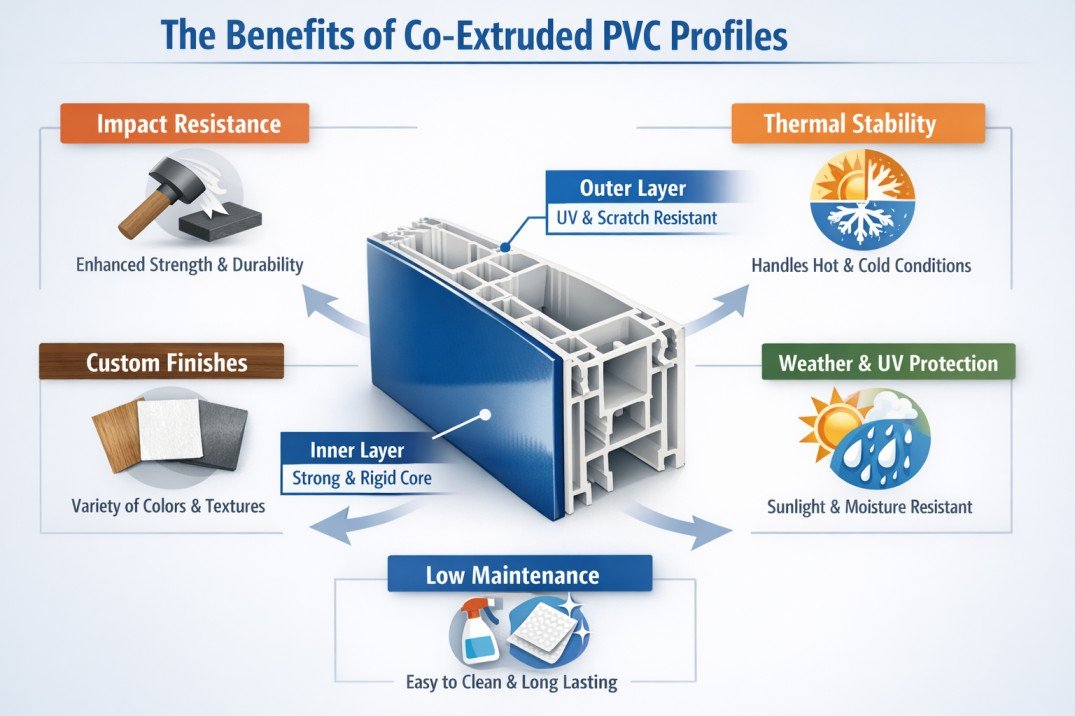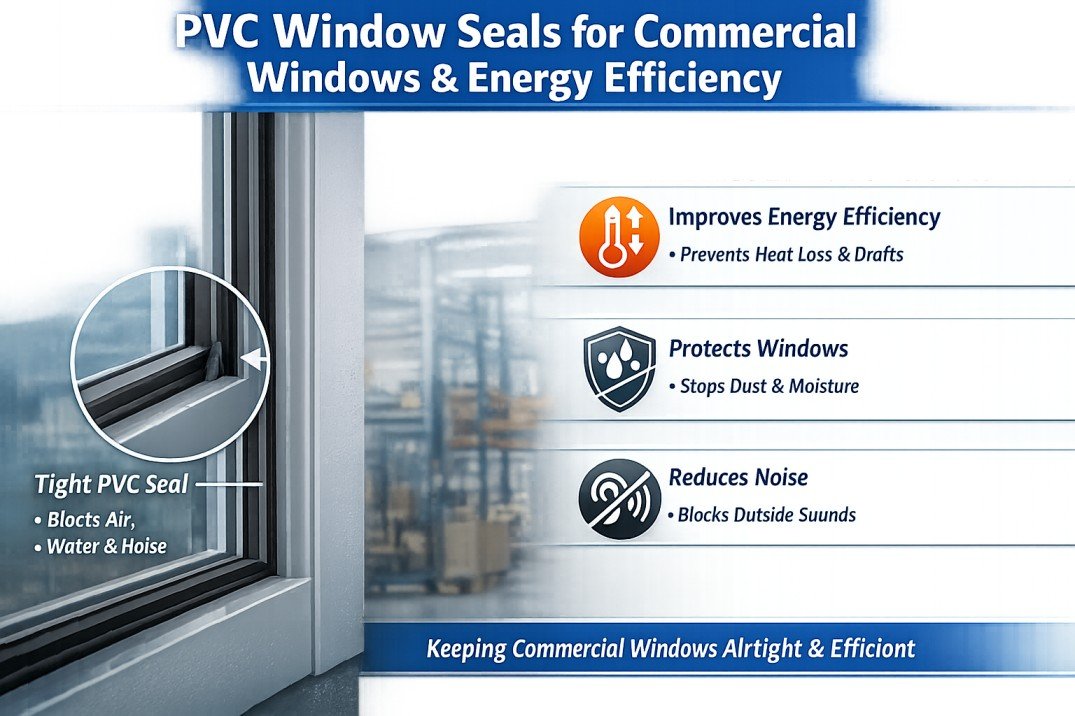In today’s competitive manufacturing environment, businesses need materials that balance strength, flexibility, and cost. One such material that has gained attention is high-impact polystyrene plastic in India. Known for its durability and lightweight nature, this plastic is widely used across industries that need dependable yet affordable solutions. From consumer goods to packaging and construction components, it plays a vital role in making production more efficient.

What is High Impact Polystyrene (HIPS) Plastic?
High-impact polystyrene, often called HIPS, is a toughened form of polystyrene that offers greater resistance to impact compared to standard grades. It is created by blending polystyrene with polybutadiene rubber, which gives it added flexibility without losing rigidity.
Some key properties include:
- Good impact resistance
- Lightweight structure with consistent strength
- Easy to thermoform and fabricate
- Cost-effective compared to metals and other plastics
Because of these features, HIPS has become a go-to material for many manufacturing sectors.
Why Industries Choose It
Every production line looks for ways to cut costs without reducing quality. HIPS plastic helps achieve that balance by providing:
- Lower production costs: Cheaper than metals and some engineering plastics, it keeps budgets under control.
- Ease of processing: It can be extruded, moulded, or thermoformed, saving time during manufacturing.
- Bulk availability: Industries can order it in large quantities for smooth, uninterrupted production.
Common Applications in Modern Projects
Packaging Solutions
The packaging industry depends on HIPS for trays, containers, and food packaging. Its lightweight build reduces transportation costs, while its rigidity protects products during handling.
Consumer Products
From household items to electronic casings, HIPS plastic combines strength and easy moulding, making it popular for durable everyday goods.
Industrial Components
Factories use it to make machine parts, signage, and display systems. Its ability to withstand stress while remaining affordable is a major advantage.
Construction Uses
HIPS sheets and profiles are increasingly used in modular construction, where quick assembly and lightweight components are preferred.
Addressing Cost and Weight Concerns
Many businesses worry about the cost and handling difficulties of heavier materials like metals. In such cases, industries often consider alternatives. One practical option is highlighted in discussions around whether metal is too heavy or costly for a project. Here, high-impact polystyrene plastic offers a lightweight, reliable alternative that can reduce production strain while keeping durability intact.
This makes it particularly useful for businesses that want to improve efficiency without compromising on product quality.
How HIPS Supports Long-Term Efficiency
Apart from cost savings, using HIPS contributes to better long-term project management. Its durability reduces the need for frequent replacements, which cuts down repair costs. Since it is easy to machine and recycle, it also supports sustainable manufacturing practices.
For example, in retail display systems, businesses often change layouts frequently. Using HIPS profiles and sheets makes such transitions quicker and less expensive compared to traditional materials.
Tips for Choosing HIPS Plastic for Your Business
- Check supplier consistency: Not all HIPS grades are the same, so sourcing from a reliable supplier ensures stable quality.
- Consider the end-use: Choose the right thickness and finish depending on whether the product is for packaging, construction, or consumer goods.
- Think about recyclability: If sustainability is a priority, confirm that the material aligns with recycling requirements in your industry.
The Growing Market in India
The demand for high-impact polystyrene plastic in India reflects how industries are moving towards smarter material choices. Businesses in packaging, electronics, construction, and retail are relying on HIPS to reduce production expenses while maintaining product performance.
At M3 Extrusion, we understand these needs and support businesses by providing HIPS profiles and sheets in bulk. Our ability to manufacture on order helps industries meet their specific project requirements without delays.
FAQs
Q1. Is HIPS plastic safe for food packaging?
Yes, food-grade HIPS is commonly used for trays, containers, and disposable cutlery.
Q2. How does HIPS compare to metal?
It is lighter, easier to process, and more cost-effective, making it suitable where heavy metals are impractical.
Q3. Can HIPS be recycled?
Yes, it is recyclable and often reused in various industrial processes.
Q4. What industries use HIPS most?
Packaging, construction, retail displays, and consumer goods manufacturing are major sectors.
Q5. Does it perform well in outdoor conditions?
While durable, HIPS may need protective coatings for extended outdoor use to resist weathering.
Conclusion
High-impact polystyrene plastic continues to play a central role in modern production by offering a combination of affordability, durability, and versatility. Whether in packaging, consumer goods, or industrial applications, it supports industries looking for practical and long-lasting material solutions.



